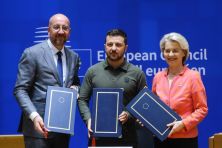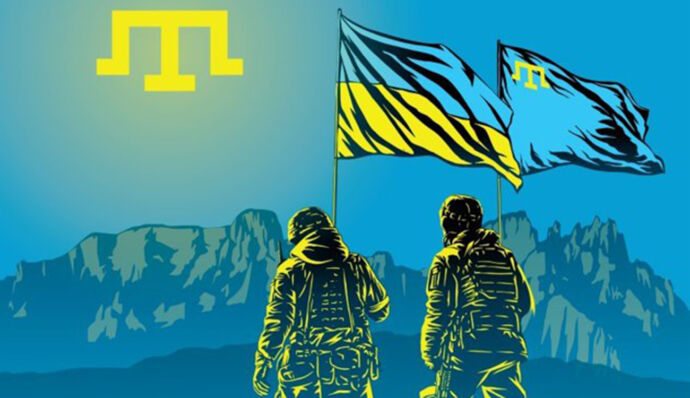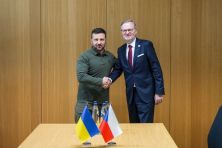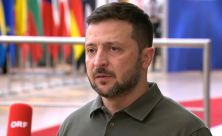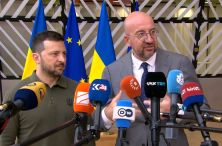After the liberation of Crimea, Ukraine will deal with the return of education, justice, humanitarian and social benefits. Kyiv will show that the difference in the perception of Crimea by Ukraine and Russia is striking. For Moscow, Crimea is a military base, and for Kyiv it is a free zone of opportunities. Conditions for doing business and attracting investment will also be created here. Political scientist Ihor Petrenko stated this today, August 13, on the air of FREEDOM TV channel.
“There must be a holistic concept of socio-economic development. Issues of a demographic nature, issues of restoring justice. The Ministry of Reintegration deals with various concepts, starting from the work of educational institutions, and ending with global issues of humanitarian and socio-cultural directions,” he said.
According to the political scientist, the difference in the perception of Crimea by Ukraine and Russia is significant, and it is these differences that should be conveyed to the international community.
“Crimea is a military base for Russia. The peninsula is stuffed with all possible weapons. This is the territory where Russia commits crimes against the Crimean Tatar people. Ukraine wants to see Crimea as a free zone, with respect for indigenous peoples. A recreation area with opportunities for business development, both Ukrainian and foreign. Discussions are ongoing. But the question of releasing the de-occupation comes first,” he stressed.
Petrenko also noted that legal processes will take place on the territory of the already liberated peninsula due to the large number of collaborators, as well as Russians who illegally settled in Crimea.
“This is both counter-intelligence activity of the Security Service of Ukraine, and work for the Prosecutor General’s Office and the Ministry of Justice. We have the relevant legislation on collaborationism and everything else. It will be necessary to understand who and what took part in the work of the occupation authorities, and in particular, how people behaved during a full-scale invasion. That’s why it’s a global complex, but the main thing is to show a vision of how Crimea will develop further,” Ihor Petrenko summarized.
